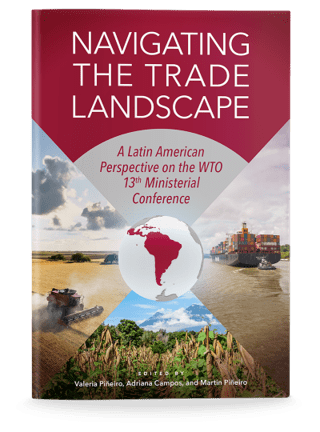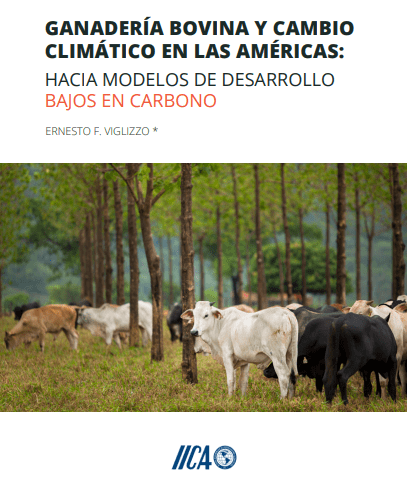Ernesto F. Viglizzo
This study, presented at COP28 in the IICA pavilion, suggests that the impact of livestock farming on global warming is much smaller than assumed when emissions are accurately attributed only to the livestock period, excluding those erroneously assigned to the livestock from other sectors. The research, led by Argentine scientist Ernesto Viglizzo, a member of the GPS network and advisor on environmental issues, argues against blaming livestock farming for climate change, emphasizing the need to correctly attribute emissions.
The study questions the Carbon Footprint system used by some countries, which attributes emissions from various sectors to products such as beef, and differs from the IPCC recommendations, which assign emissions to their respective sectors. Furthermore, Viglizzo states that emissions from sectors such as meat processing and transportation, which occur after the livestock farming period, are those that contribute significantly to climate change.
The study proposes a transition towards low-carbon livestock models, crediting the captured carbon as a marketable product and, in addition, calls for recognizing the positive social aspects of the meat and dairy industries and attributes to them the stabilization of economies through foreign exchange..
The study concludes that the impact of livestock farming on global emissions is less than 5%, with the potential to decrease further, urging a more accurate assessment of emissions and recognition of the sector’s contributions to sustainable development.
You can see the video of the presentation here.
Document available only in English.



